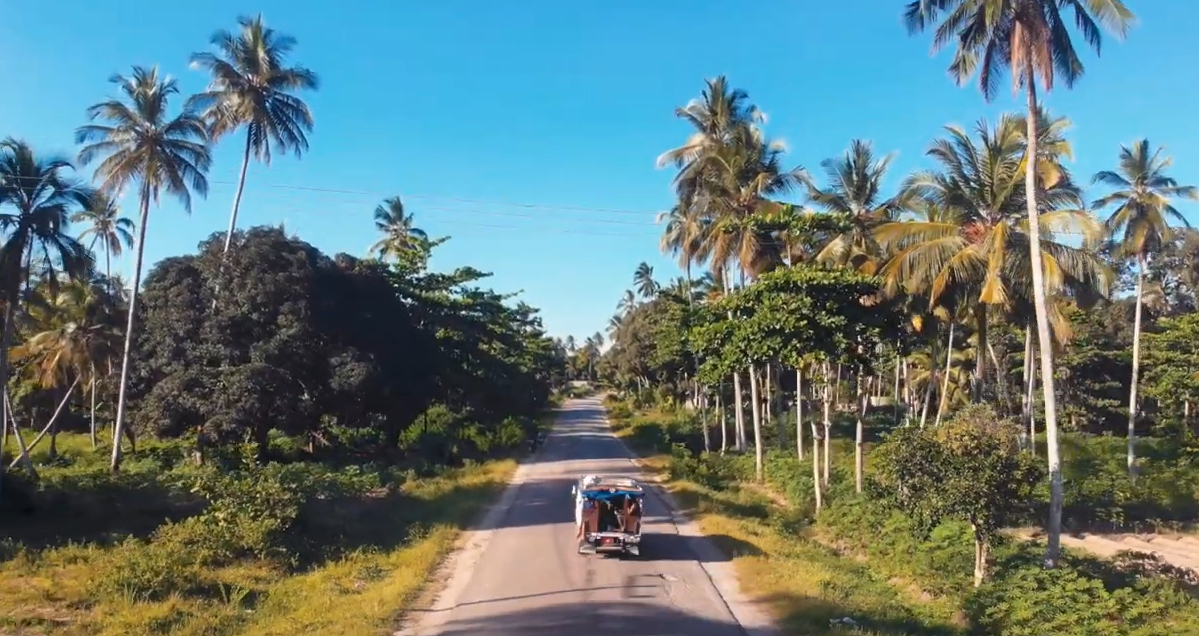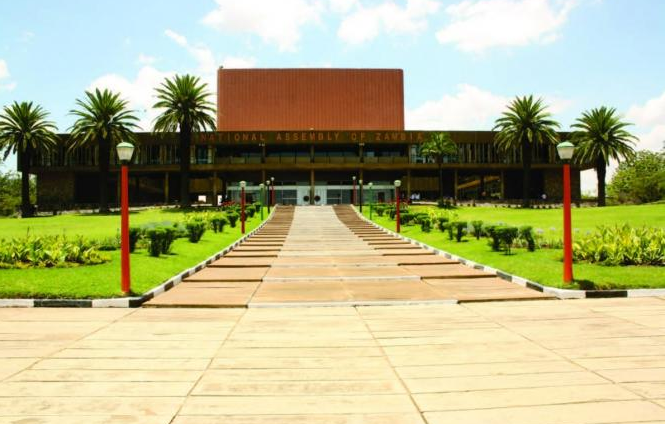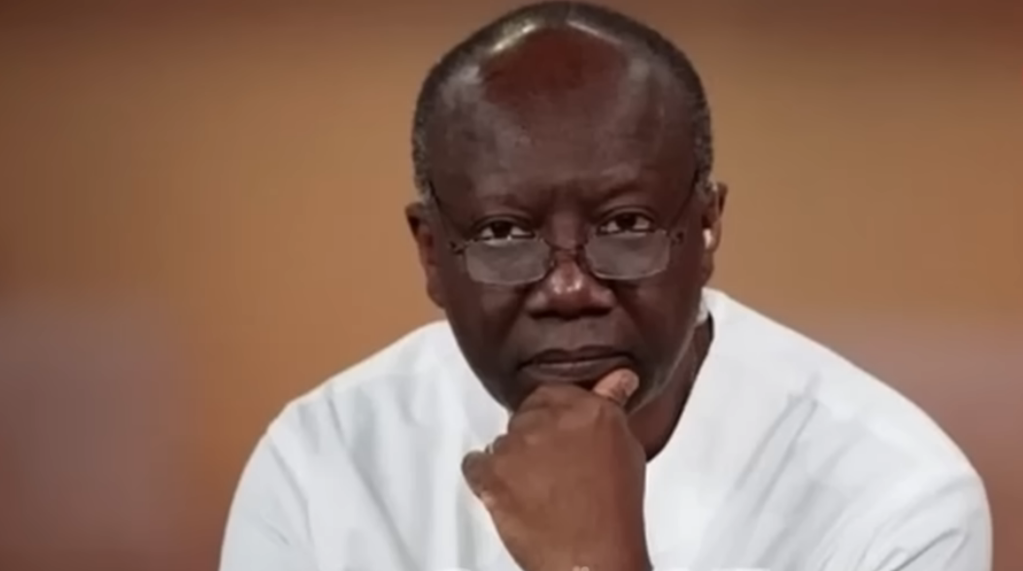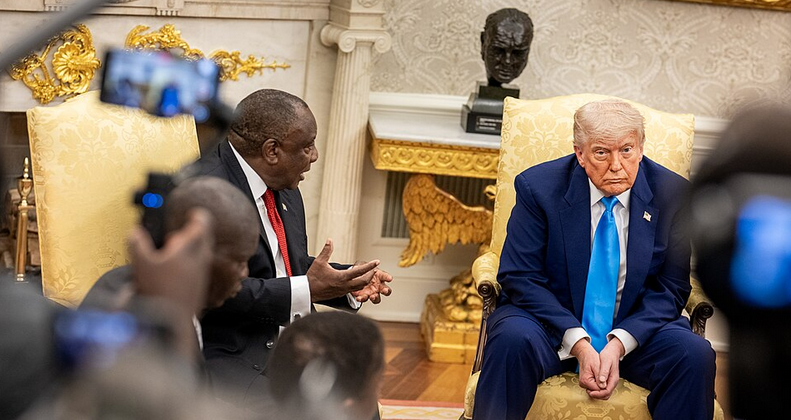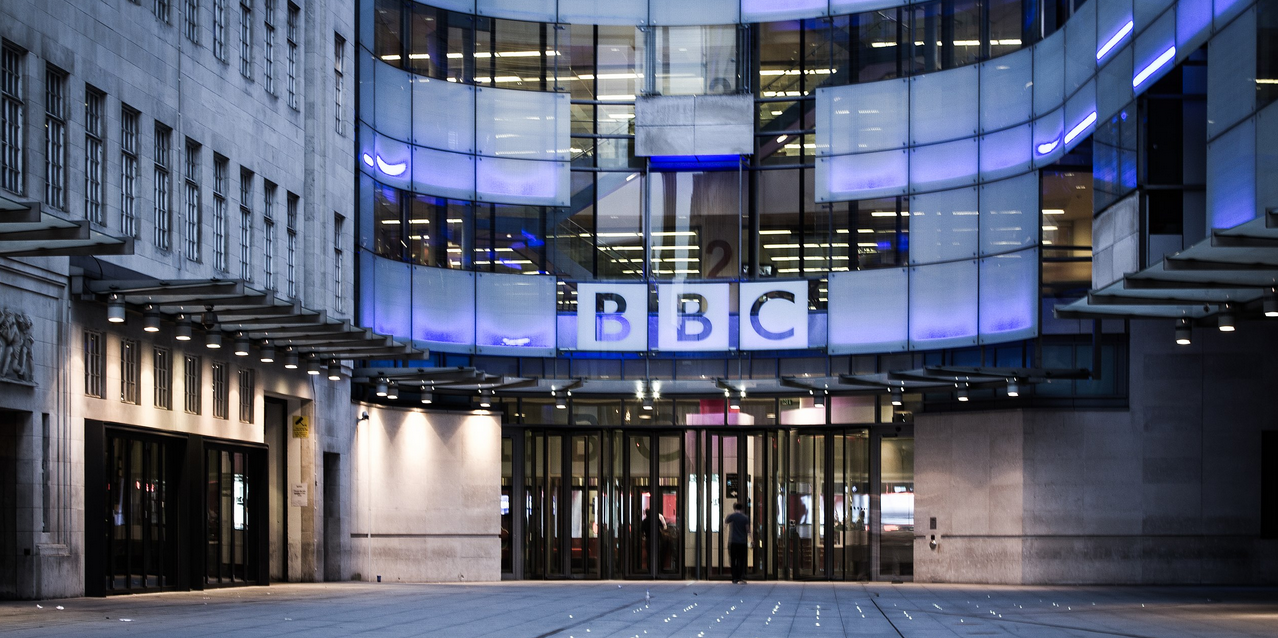Photos: YouTube Screenshots
As a resident of Hawaii where Black Americans (Afrodescendants) constitute about 2.2 percent of a 1.4 million population located in the Pacific Ocean about 2,400 miles from California, and given Black American History, one has cause to think the unthinkable. In doing so, one may begin to consider relevant statistics in a strictly Black American-Hawaiian context. Accordingly, one might assemble a compendium of information and formulate a narrative that can serve as an assessment of the State of Hawaii from a Black American perspective. [1] Such an assessment enables a pulling back of the curtain to reveal real life for Black Americans in the state.
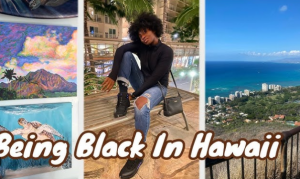
Hawaii is a prime tourist destination for Black Americans who visit individually and in small and large groups. One plans a holiday, purchases airline tickets and books accommodations, and enjoys
a unique experience that is seamless, or one finds that Hawaii is very much like the remainder of the US where non-Blacks control the order of things. Unless one becomes significantly socialized
with Hawaii and its many ethnicities, one will likely experience an “outsider” syndrome. One may be treated professionally and courteously, but the warmth of full acceptance will be elusive or
nonexistent.
Comprehending the foregoing, the following thoughts emerged:
1. Irrespective of the locale, Black Americans generally have limited control and power—economic and otherwise.
2. Black Americans are at war (especially economically) in the US and everywhere we go—maybe less so, but even on the African Continent. Nearly everyone seeks to exploit us because we are shunned as outsiders and deemed to be unworthy of respect.[2]
3. Strategic and targeted deployment of our small, but potent, discretionary dollar weapons can inure certain power: Enabling us to reward those who present acceptable environments; and penalize/punish those who present unacceptable environments.
4. The thought reflected in item 3 is consistent with “practicing ‘group economics’” as espoused by widely known and esteemed elder and educator, Dr. Claud Anderson.[3]
5. Black Americans’ income and wealth are rising absolutely—if not relatively—and our proclivity to be inquisitive and joyous people who relish life is consistent with increased tourism spending.[4]
6. To the extent that our “Black consciousness” is elevated and is sufficient to override fundamental market principles (i.e., given affordability and the quality that it implies, acquire goods and services at the lowest possible price), then Black Americans can make tourism spending decisions that produce improved outcomes and increased wellbeing.
7. Black Americans could benefit from a “mechanism” that operationalizes a process consistent with the foregoing thoughts and expected results. However, the mechanism can be expanded and made even more relevant and beneficial if additional considerations are incorporated that produce improved outcomes and increased wellbeing for Black Americans.
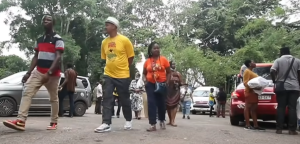
Item 7 is insightful. Brooking no delay, we worked to envision and formulate a mechanism that can produce successfully the stated and desired results: A Black American (Afrodescendant)
Economic Green Book (BAEG) Internet portal. The portal can provide historical, demographic, entrepreneurial, cultural, political, and socioeconomic statistics and other information about
conditions confronting Black Americans in locales wherever we reside. It can reflect Black American-centered written assessments of such locales and related ratings. And a BAEG can provide rankings of comparable locales using the just-mentioned ratings.
When Black Americans use BAEG ratings and rankings to make tourism spending decisions, we can reward/punish tourist destinations that are generally favorable/unfavorable places for Black
Americans.
An important side benefit of a BAEG is that, if it has sufficient statistical and informational heft, Black American entrepreneurs can use it to make first-level assessments of locales for decision
making about initiating or expanding entrepreneurial activities.
In fact, a BAEG can engender widespread use by anyone seeking up-to-date decision-making information (mainly statistical in nature) concerning Black Americans and the conditions we
confront in locales around the nation. A partial list of those who might seek such information includes: Planners/Strategists, corporations, entrepreneurs, employees, undergraduate and
graduate students, immigrants, emigrants, and retirees. BlackEconomics.org plans to perform additional research and analyses concerning the BAEG concept. Once we are convinced of the concept’s viability, then we will pursue development of a BAEG Internet portal. Its inauguration may be marked by certain shortcomings. However, if we persist and provide high-quality, useful, and continuously expanding information, then the benefits of a BAEG can be substantial for Black Americans going forward.
A well-developed BAEG can assist Black Americans in realizing that we can eclipse government as a guarantor of our civil and fair treatment wherever we go. We can achieve this outcome by
jointly leveraging available information, imposing discipline on our economic decision-making, practicing “group economics,” and prosecuting a strategic economic war by firing our economic
bullets with precision. It may sound strange: however, Black and non-Black Americans will appreciate very much our sharp-shooter precision when we fire our economic bullets and strike them. These bullets can help guarantee persistent victories in the US’s racially stratified and economic war and produce improved outcomes and increased wellbeing for Black Americans.

References:
[1] Interested readers can consider a recently completed BlackEconomics.org assessment of Hawaii entitled, Black Americans and Hawaii: An Assessment with Emphasis on Housing Related Industries, Homelessness, and Climate Change; https://www.BlackEconomics.org/BELit/hawassess072624.pdf (698 KB).
[2] This outcome should be expected because persons who are, or who believe they are, liberated may find it difficult to comprehend that a group of our population, political, and socioeconomic size, and with so many historical opportunities to take definitive action to seize (strike a blow for) liberty, has not taken such action. Of course, such persons may not necessarily perform broad and deep analyses that accounts for all the factors that have landed us in in the status quo.
[3] Dr. Claud Anderson leveraged his wide-ranging career to evolve expertise as a strategist for Black American uplift. His most popular written works include: Black Labor, White Wealth: The Search for Power and Economic Justice; PowerNomics: The National Plan to Empower Black America; and Dirty Little Secrets About Black History, Its Heroes, and Other Troublemakers. His PowerNomics submission explores “group economics” in great detail.
[4] BlackEconomics.org estimated conservatively that Black American tourism spending was in the $90 billion range for 2019. See B. Robinson (2023). “Eliminating Excuses;” https://www.blackeconomics.org/BELit/ee091523.pdf (Ret. 072724).
